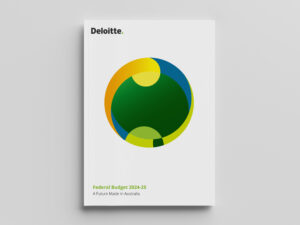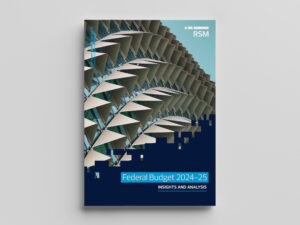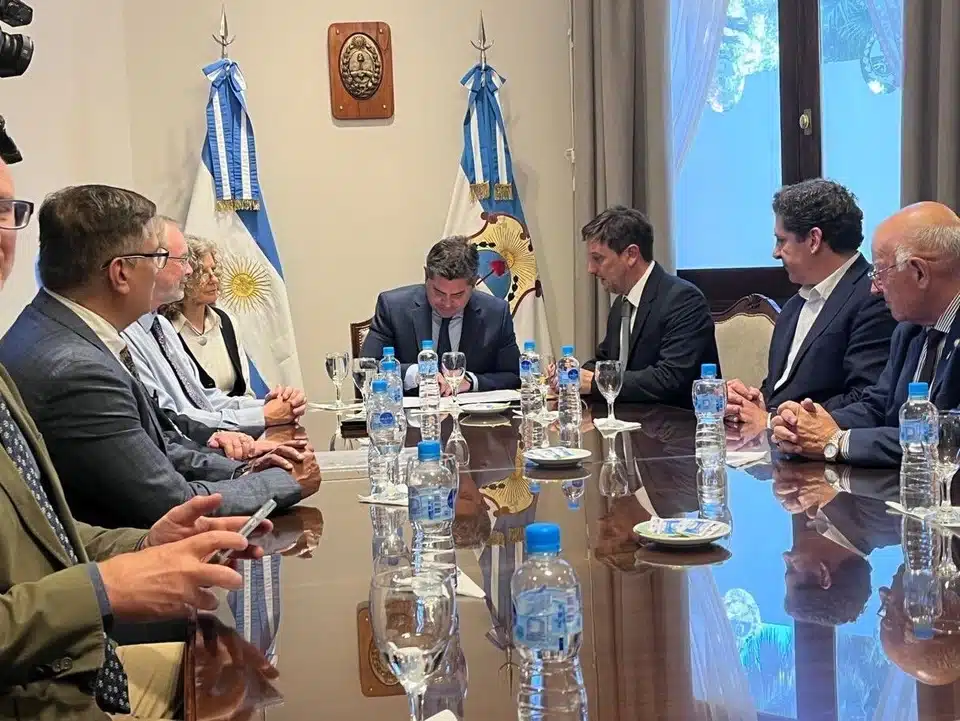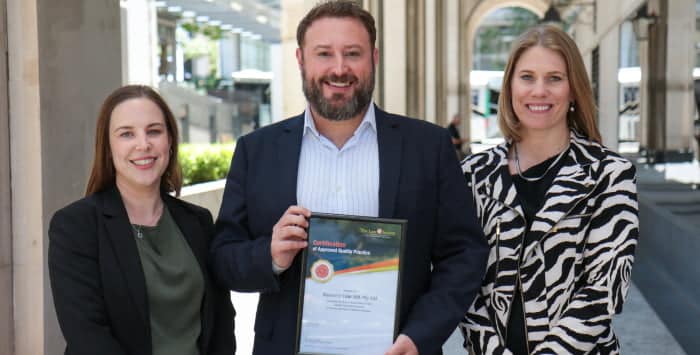Incentives to boost Australia’s manufacturing industry and increase skilled workers as well as tax deductions for small businesses are among the wins for WA businesses in the 2024-25 Federal Budget.
The Government posted a $9.3 billion surplus this financial year, its second in a row, but forecasts a $28.3b deficit for 2024-25. 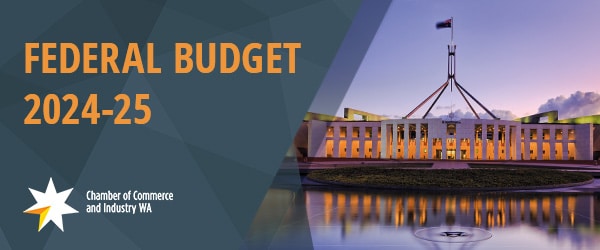
Among key initiatives for business, the Government will extend the instant asset write-off for another year, allowing businesses with turnovers of up to $10 million to deduct $20,000 from all eligible assets.
About 1 million small businesses in Australia will also be eligible for a $325 rebate on their electricity bills, on top of the $400 rebate announced in the State Budget last week.
The Budget also earmarks $5,000 payments for apprentices in priority occupations and priority occupation employers for another year, reversing previously scheduled reductions to both payments.
“Our main priorities are helping with the cost of living, building more homes for Australians investing in a future made in Australia and the skills and universities we need to make it a reality,” Treasurer Jim Chalmers told Parliament in his Budget speech.
However, CCIWA Chief Economist Aaron Morey said the Budget was “like a leaky bucket, with WA’s mining sector pouring significant amounts of tax revenue into the coffers, but massive spending pressures in areas like the NDIS and interest repayments ensuring that the money disappears faster than it arrives.”
Key items for businesses include:
- $22.7b over 10 years for the “Future Made in Australia” program to boost manufacturing and attract green energy investment.
- The $1.7b Future Made in Australia Innovation Fund will develop new industries such as green metals and low carbon fuels, with $520m allocated for net zero trade and engagement.
- $13.7b in production tax incentives for green hydrogen and processed critical minerals.
- $566m to map the geological potential of Australia to get a comprehensive picture of critical minerals and groundwater.
- $835.6m to establish solar panel manufacturing in Australia, and $549m to support battery manufacturing.
- $5.7b for defence spending over the next four years, including naval shipbuilding in WA.
- $6.2b in specific housing initiatives. A further $1b is being made available to states and territories to deliver new housing.
- $1.8m to deliver streamlined skills assessments for around 1,900 migrants from comparable countries to work in Australia’s housing construction industry.
- $88.8m for 20,000 Fee-Free TAFE, Vocational Education and Training and pre-apprenticeship program places to train more construction workers.
- $500m to build skilled workers in priority industries such as clean energy and construction and manufacturing and supporting women in the workforce.
- $1.1b superannuation for paid parental leave.
- $2.2b for aged care initiatives, including $1.2b to improve systems. Also, $8.5b for health investments, including $227m for 29 urgent care clinics.
Budget analysis for tax purposes
For a further breakdown of Budget initiatives see CCIWA Member Deloitte’s Federal Budget Tax Report as well as its Federal Budget analysis.
See also CCIWA Member RSM’s analysis for:
- Individuals
- SMEs
- Corporates as well as by sector.
Inflation concerns persist
Morey said cost-of-living measures will be welcomed by households but were likely to add to inflation concerns in the medium-to-longer term.
He said the introduction of a production tax credit for critical minerals and renewable hydrogen processing will be welcomed by the resources industry in Western Australia.
“WA has the potential to be at the forefront of the global critical minerals boom, but we are not the only jurisdiction racing to develop our industries,” he said.
“Unfortunately, when it comes to industry competitiveness, the Government is giving with one hand and taking with the other. Sweeping industrial relations changes and plans to add more green tape to major project approvals will damage Australia’s global reputation in the eyes of investors.”
He added: “We welcome the focus on training new apprentices, but Western Australia is suffering from a significant cut to the skilled migration cap.
“We urge the Federal Government to urgently review the cap to help WA build the houses needed to accommodate a rapidly growing population.”
To be part of WA’s peak business organisation, get in touch via 1300 422 492 or [email protected].




